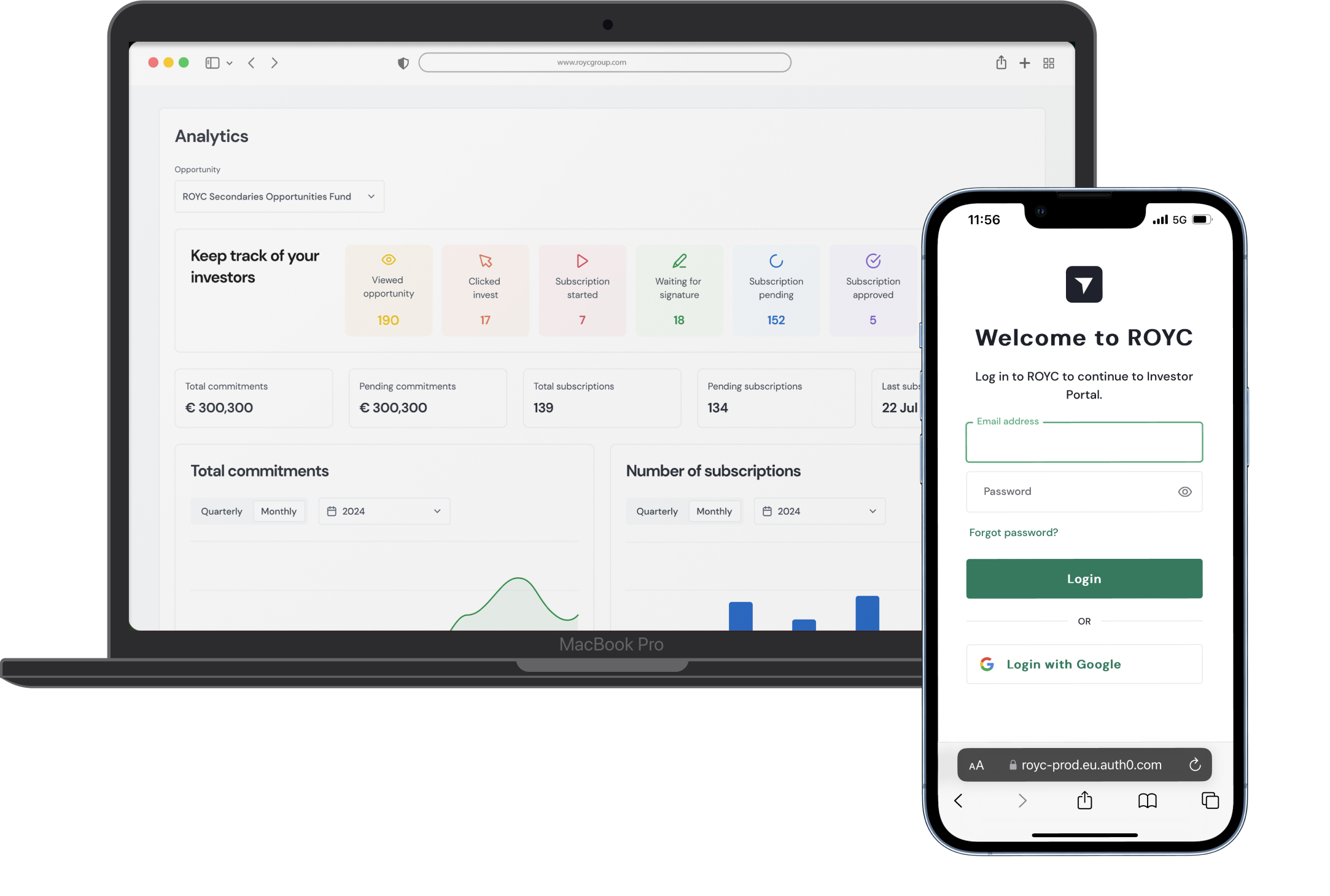The Rise of AI-Driven Investor Service

Technology plays a crucial role in investor services today, helping us stay competitive in the private market. By adopting new tools and solutions, we can streamline our operations and strengthen our relationships with clients. Embracing these innovations not only boosts efficiency but also enhances the overall client experience.
AI-driven customer service is increasingly trending, with many businesses adopting AI technologies to enhance their service offerings. It is projected that around 80% of businesses will utilize some form of chatbot or virtual assistant by 2025.
Choosing the Right Solution
Selecting the appropriate AI solution for customer service involves evaluating the specific needs of the business and its customers, while also considering the technology's capabilities and limitations. Effective AI solutions can significantly enhance customer experiences, while poorly implemented ones can lead to frustration and dissatisfaction.

Many of us have encountered basic rule-based chatbots, which are limited to scripted responses and often lead to customer frustration when faced with unexpected queries. These chatbots lack adaptability and learning capabilities, making them less effective in complex scenarios.
Recent advancements in technology, like natural language processing, are making AI systems better at communicating. This means AI can analyze customer data to provide personalized recommendations and solutions, greatly improving the customer experience. Plus, with predictive analytics, AI can even anticipate customer needs before they’re voiced, taking service to the next level!
Despite advancements in AI-driven bots, the lack of human touch can hinder their ability to address nuanced customer needs. It is crucial to always provide an option for escalation to a human agent, ensuring that customers feel heard and understood.

AI Twins vs. Virtual Assistants
Virtual Assistants are software agents designed to perform tasks based on commands or queries, utilizing natural language processing. They can manage a variety of tasks, such as scheduling, reminders, and answering FAQs, and are already widely used in customer services.
In contrast, an AI twin (or digital twin) is a digital replica of a physical object, process, or system. It uses real-time data to analyze and predict behaviors or outcomes. While the application of digital twins in customer service is still an emerging concept, it holds significant potential for improving customer experiences. By analyzing past customer data, a digital twin can predict future behaviors and provide personalized responses tailored to individual interactions. This technology also helps customer service teams identify areas for improvement and gain valuable insights into key performance indicators, allowing them to refine their strategies and enhance service delivery even further.
The widespread adoption of us all having a personal AI twin that assist with daily tasks is likely not too far away, given the rapid advancements in artificial intelligence, natural language processing, and machine learning.

Cybersecurity Considerations
As investor services increasingly rely on technology, cybersecurity has become a paramount concern. The sensitivity of financial data and personal information makes the sector a prime target for cyber threats. Poor data privacy practices can jeopardize customer information, leading to trust issues and non-compliance with regulations like GDPR. By understanding these threats, complying with regulations, implementing strong data privacy practices, and training employees—along with digital twins—we can reinforce our cybersecurity strategy.
Conclusion
AI can drive efficiency when implemented correctly, but it cannot fully replace the need for human supervision and intervention. We aim to engage directly with our investors, providing assistance whenever and wherever they need it. By blending technology with human interaction, we can enhance the overall investor experience.
.png)
